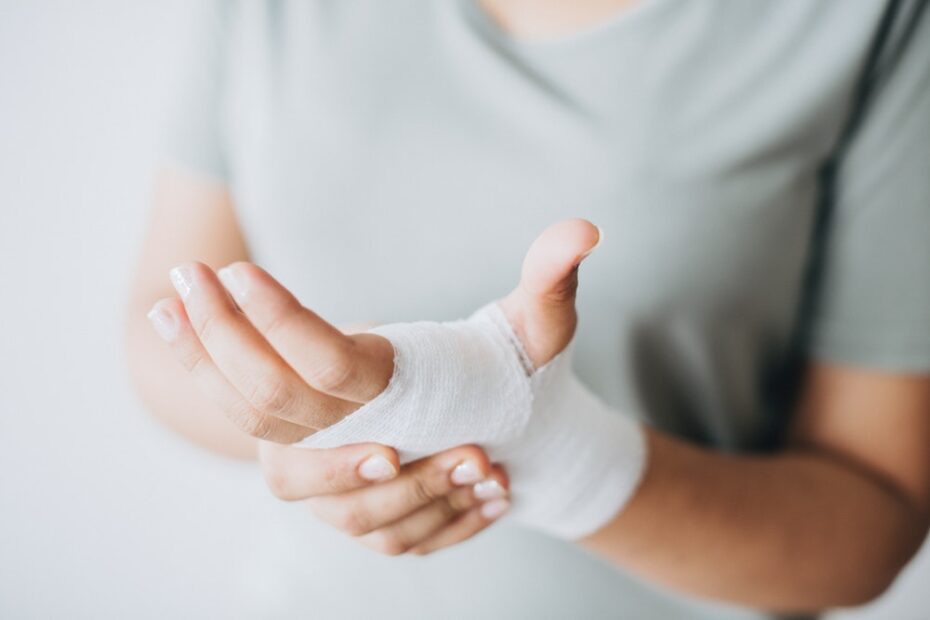Public liability claims for compensation are available to a plaintiff after suffering an injury in a public place. While public places generally adopt appropriate safety measures to help minimise the risk of injuries occurring, accidents do happen every day and sometimes the consequences are very real.
Potential compensation claims can arise out of the following examples:
- A slip and fall in a supermarket, shopping centre, retail centres and on footpaths;
- accidents that occur at private residences;
- accidents that occur at schools, in parks or on playgrounds;
- injuries that occur due to a defective or faulty product;
- animal attacks:
- boat accidents; or
- food poisoning.
Steps to establishing the grounds for negligence
In order to file a successful compensation claim, negligence must be proven. At the simplest level, to prove negligence it must be established that:
- A duty of care was owed; and
- the duty of care owed was breached; and
- the loss you have suffered was the result of this breach.
Negligence can be established if it’s proved that the person or business who owed the duty of care should have foreseen that an injury could possibly occur if the necessary precautions were not taken, or they did not make the public aware of the ‘danger’.
With regards to a slip and fall in a shopping centre, for example, if the shopping centre had failed to place a wet floor sign adjacent to a slippery floor prior to the slip, this is an example of negligence. The shopping centre, therefore, would have breached their duty of care.
What is claimable?
There are various entitlements that are claimable by a plaintiff when negligence is proven. These can include:
- Medical expenses and rehabilitation treatment, which can include past or future costs for things such as pharmaceutical expenses, rehabilitation treatment and the costs of travelling to and from medical appointments;
- domestic assistance, such as during care and home assistance. This sort of compensation is only awarded if the court is satisfied that the care is necessary for the injury sustained;
- compensation for loss of income and earning capacity if the plaintiff is unable to return to work.
In cases specific to work, where a plaintiff suffers from an injury either on the way to work, on the way home from work, or during the course of their work, workers’ compensation benefits may be available. In the scenario where a plaintiff becomes permanently disabled as a result from the injury, they are also able to claim an early release of their superannuation funds, as well as a payout under a Total and Permanent Disability claim (TPD), if their superannuation fund provides this coverage and a medical professional certifies that the plaintiff is unlikely to work again.
Steps for making a personal injury claim
There are a standard set of steps that should be followed if you sustain an injury following an accident in a public place. These include:
- Reporting the incident and the injury you have suffered to the appropriate person. This person will usually be the owner of the business where the accident occurred.
- Lodging a claim either with the owner of the business or its insurance company.
- Seeking legal advice to ensure you are made aware of your legal rights and entitlements.
The next steps
Seeking legal advice is recommended if you find yourself involved in an accident in a public place which causes you to suffer an injury or injuries you believe were caused by negligence on the owner or business’ part. A Best Personal injury lawyer can help you assess the amount of compensation potentially available to you, as well as help you through the process of filing a claim.
